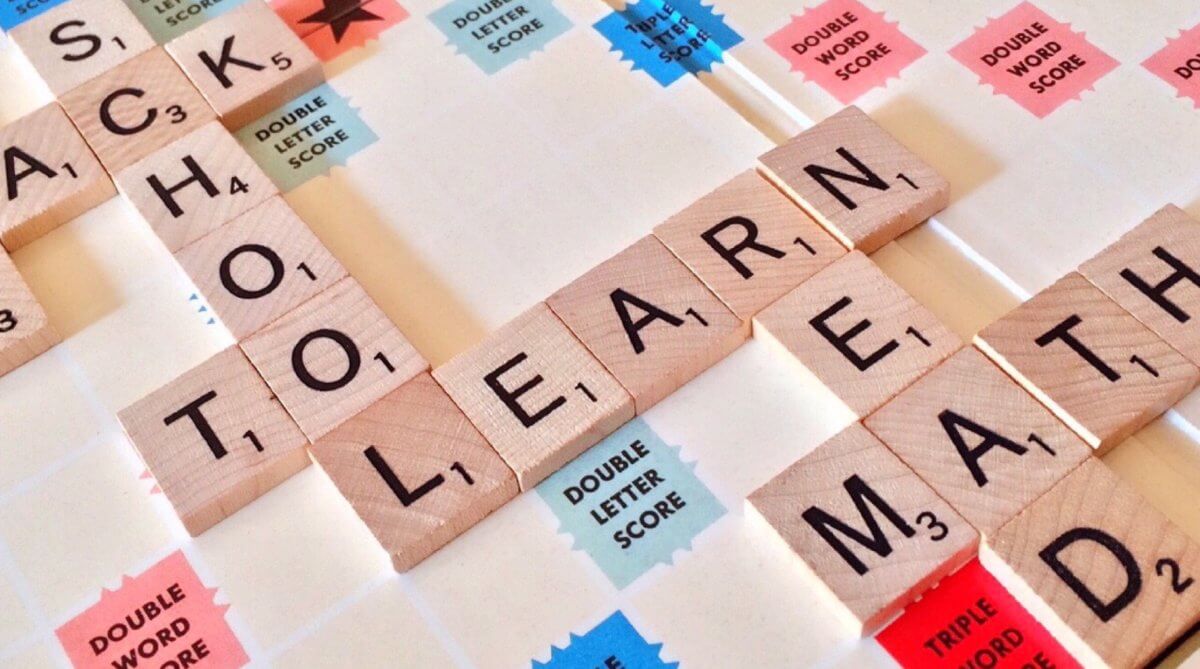As a university student in Australia, it’s not unusual for both my peers and I to complain a lot. Whether it’s about lecturers, courses, assignments, exams, or our growing HECS debt, there never seems to be a shortage of things to complain about. Although the Australian education system isn’t perfect and has room for improvement, we’re doing exceedingly well compared to other parts of the world.
During this year’s World Economic Forum in Davos, Queen Rania of Jordan brought to the world’s attention that fifteen million children in the Arab Region do not have access to education. Due to conflict, displacement and other factors, these children do not have the same opportunities to go to school at a young age like we do. Consequently, this prevents them from attending university later on. While some Middle Eastern children are fortunate enough to receive an education, Queen Rania claims that the current curriculum is not preparing them for the future.
In comparison to the rest of the Middle East, Jordan has one of the better education systems. Firstly, students experience compulsory education for ten years, followed by two years of secondary or vocational education, which allows them to apply for universities on completion. While Jordan has a 99% enrolment rate in compulsory education, they are still struggling to get students to attend secondary school and university.
In 2015, 100,000 students entered the twelfth grade but only 60,000 sat for the General Secondary Certificate Examination. There are high stakes surrounding these exams as results determine whether students are accepted into higher education institutions. Of the 60,000 students that sat the exam, only 40% passed. Both the low year twelve enrolment rate and dismal pass rate for the final examination exemplifies that the existence of the educational crisis Queen Rania discussed.
Furthermore, Jordan has a young population, with 73.3% of its citizens under the age of 30. Lack of access to quality education is causing issues for Jordan’s development. By not providing a quality education to their country’s youth, Jordan will struggle to produce future thinkers and innovators, and thus struggle to improve the nation’s living standards. This is why Queen Rania is so passionate about improving Jordan’s education system, because she knows from personal experience that education is the key to a better future and remains an essential ‘prerequisite for hope’.
Since her ascent to royalty, Queen Rania has tried to address the educational crisis that has plagued Jordan and the Middle East for so long. In 2007, she became the chairperson of Jordan’s first interactive children’s museum, which was designed to help encourage lifelong learning for children and their families. This was further strengthened when she launched the Madrasati (my school) program, which currently works with 500 schools and 174,000 students to help deliver quality education and provide up-to-date facilities. However, her most significant contribution was when she founded the Queen Rania Foundation in 2013, which aims to be the premier resource in researching educational problems in Jordan and other Arab countries as well as finding ways to influence policy to create educational change.
While we often have good reasons to complain about university and the Australian education system, we should also be mindful of the less fortunate circumstances experienced by people within other countries. In order for Australia to achieve change, we need only change legislation and practice. Although this may sometimes be difficult, Queen Rania’s speech highlights that this pales in comparison to those living in Jordan, who have to overcome so much conflict and turmoil before they can even begin reforming their education system.
We acknowledge the Ngunnawal and Ngambri people, who are the Traditional Custodians of the land on which Woroni, Woroni Radio and Woroni TV are created, edited, published, printed and distributed. We pay our respects to Elders past and present. We acknowledge that the name Woroni was taken from the Wadi Wadi Nation without permission, and we are striving to do better for future reconciliation.
